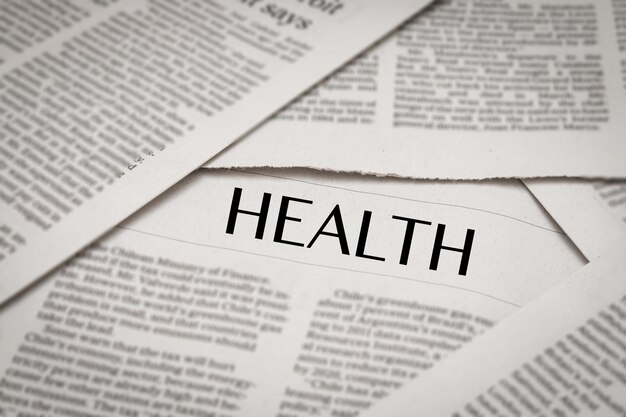Kidney stones are a common health issue that can cause severe pain and discomfort. Did you know that what you eat can greatly impact your risk of developing these stones? In India, over 12% of adults are affected by kidney stones, with dietary habits playing a significant role. If you're struggling with kidney stones or need expert advice, consulting the best nephrologists in India could be beneficial. Kidney stones form when minerals and salts in the urine become concentrated and crystallise.In this article, we will explore how different foods and drinks can affect your chances of getting kidney stones and what you can do to reduce your risk.
Interesting Fact:
- Research shows that people who consume a lot of animal protein and salt have a higher risk of kidney stones. Reducing these in your diet can help lower your risk.
What Are Kidney Stones?
Kidney stones are solid masses formed from substances in the urine that crystallize and clump together. These stones can vary in size from tiny grains to large, painful formations. They may cause severe pain in the back or side, blood in the urine, frequent urination, and sometimes nausea or vomiting. The formation of these stones occurs when there is an imbalance in the concentration of minerals and salts in the urine, leading to crystallization.
How Does Diet Affect Kidney Stones?
Diet plays a crucial role in the development and prevention of kidney stones. Consuming excessive amounts of salt can lead to higher levels of calcium in the urine, which can increase the risk of forming stones. Additionally, certain foods can elevate the concentration of substances that contribute to stone formation. For instance, high intake of animal proteins and sugary drinks can lead to higher acid levels in urine, promoting stone development. Conversely, reducing these dietary risk factors can help prevent stones from forming.
How Specific Foods Impact Kidney Stone Risk:
- Calcium-Rich Foods: Calcium is essential for bone health, but too much or too little can affect stone formation. Dairy products like milk and cheese are high in calcium, which can either help or hinder stone risk depending on overall diet.
- Oxalate-Rich Foods: Oxalates are compounds found in foods like spinach, beets, and nuts. High oxalate levels in urine can contribute to the formation of calcium-oxalate stones.
- Hydration: Drinking plenty of water is crucial. Staying hydrated helps dilute urine, reducing the concentration of substances that form stones.
Tips for a Kidney-Stone-Friendly Diet:
- Stay Hydrated : Aim to drink at least 8 glasses of water daily. This helps flush out minerals and prevents them from forming stones.
- Balance Your Calcium Intake: Include moderate amounts of calcium-rich foods and avoid excessive supplementation.
- Limit High-Oxalate Foods: Reduce intake of foods like spinach, rhubarb, and beets to lower oxalate levels.
- Consult a Dietitian: For personalized advice, consider speaking with a dietitian who can help create a diet plan tailored to your needs.
Conclusion:
Managing your diet is key to preventing kidney stones and maintaining kidney health. In India, where the prevalence of kidney stones is significant, making smart dietary choices can have a profound impact. To enhance your treatment and prevention efforts, consulting the best doctors for kidney stones treatment India can provide you with expert guidance. By understanding how various foods affect kidney stone formation, you can take proactive steps to reduce your risk. Remember, a balanced diet with adequate hydration is crucial. Start making these changes today to safeguard your health and avoid the discomfort of kidney stones. Taking control of your diet can lead to a healthier, more comfortable life.
FAQs:
1. What are kidney stones, and how do they form?
Kidney stones are hard mineral deposits that form in the kidneys. They develop when certain substances in the urine become highly concentrated and crystallize. These stones can vary in size and may cause pain or urinary problems.
2. How does diet influence kidney stone formation?
Diet affects kidney stone formation by altering the concentration of substances in the urine. For example, a diet high in salt can increase calcium levels in urine, leading to a higher risk of calcium-based stones. Foods high in oxalates can also contribute to the formation of stones.
3. Which foods should I avoid to reduce the risk of kidney stones?
To lower the risk of kidney stones, it is advisable to limit foods high in oxalates, such as spinach, beets, and nuts. Also, reduce your intake of red meat and high-sodium foods.





Comments